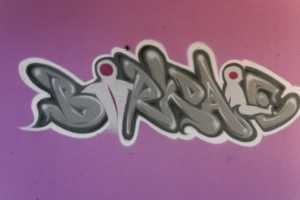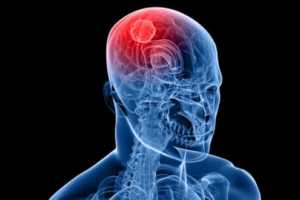Hand function is one of the key challenges for children with cerebral palsy (CP), significantly affecting their ability to perform everyday tasks like dressing, eating, or playing. These difficulties stem from the muscle stiffness (spasticity), weakness, and poor coordination that often accompany CP. However, with the right intervention and targeted therapy, many children can improve their hand skills and gain greater independence in their daily lives.
At Birkdale Paediatric & Adult Neuro Physio, we offer comprehensive assessments to evaluate each child’s unique needs, designing customized treatment plans to enhance hand function. Our approach incorporates innovative therapies like Functional Electrical Stimulation (FES), which stimulates weak muscles to improve strength and control, and SaeboFlex, a device that assists in hand movements. Additionally, we use playful, engaging activities tailored to the child’s age and interests, such as Stroll, Mind motion Go and PRO, ensuring therapy sessions are both effective and enjoyable. This fun approach boosts motivation, encouraging children to participate actively in their rehabilitation.
Research-Based Approaches to Stretching and Movement
Recent studies suggest that passive stretching—where the muscles are stretched without active participation from the child—does not significantly improve the range of motion or functional outcomes in children with CP. Passive stretches may temporarily reduce tightness but fail to provide the long-term benefits needed for functional movement improvement. Instead, active stretching and strengthening exercises are more effective in promoting better control, coordination, and range of motion. At Birkdale Paediatric & Adult Neuro Physio, we use active methods such as standing frames, where children engage their muscles in upright, weight-bearing positions. This promotes active stretching and movement, allowing children to engage their muscles while working towards functional goals.
By focusing on active stretching, rather than passive techniques, we ensure that the child engages in meaningful activities that challenge their muscles and contribute to real-world improvements. We normally make it fun, with games, painting or even solving puzzles, where the child does not even realize they are doing an active stretch. This approach not only enhances their range of motion but also encourages better motor learning and engagement, making therapy far more functional and beneficial.
In addition to technology-driven solutions, our therapy programs focus on developing fine motor skills, hand-eye coordination, and dexterity through targeted exercises. Whether it’s improving grip strength or enhancing coordination for more precise movements, our team works closely with families to set realistic goals and track progress over time. At Birkdale Paediatric & Adult Neuro Physio, we are committed to providing personalized, evidence-based treatment that helps children or adults to achieve their full potential.
If you are concerned about your child’s hand function, we invite you to schedule an assessment at Birkdale Paediatric & Adult Neuro Physio. Our team will guide your child on a path to improvement, making therapy a positive and rewarding experience.



